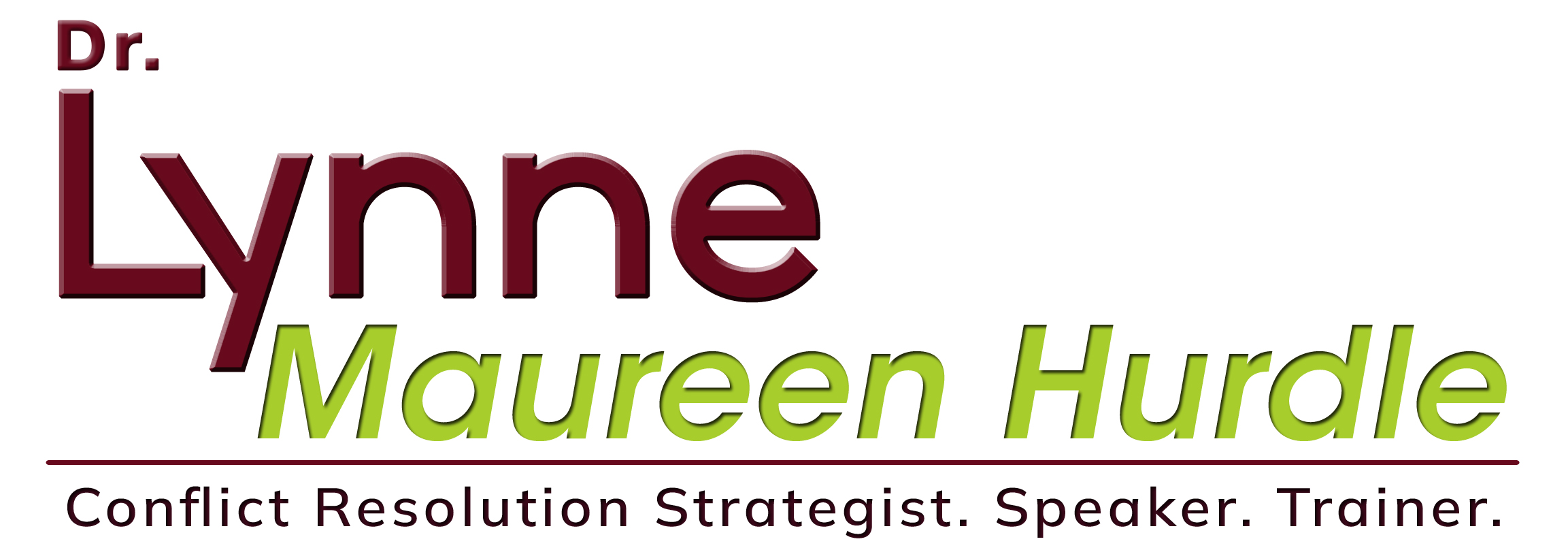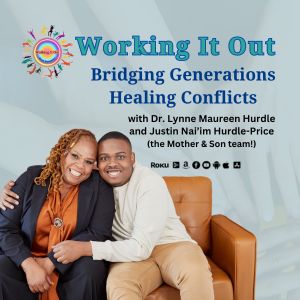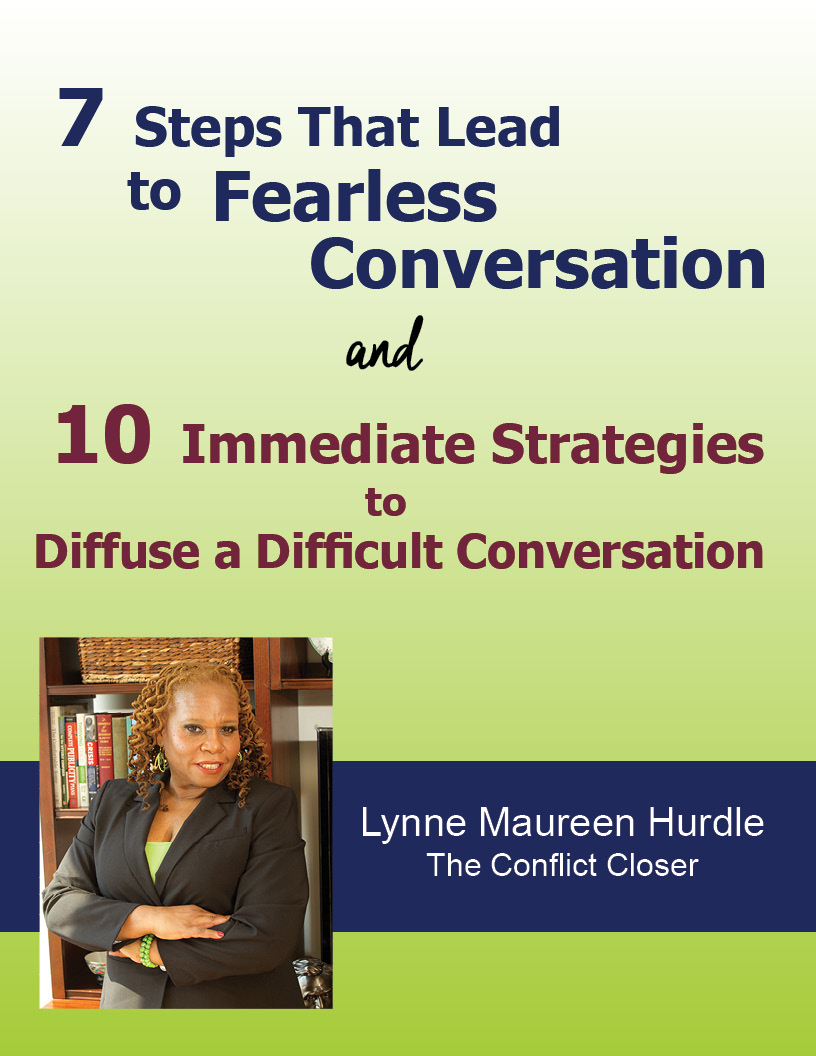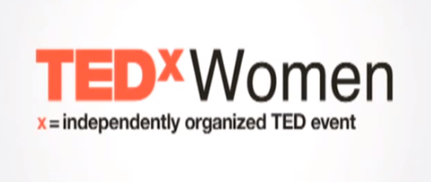It’s a lesson we all seem to be struggling with.
I have to drop this again, but with a new twist.
Trust sits on top of fear, it is the soil that mistrust is planted in ya’ll and fear is abundant in this world so trust doesn’t often have a chance to grow and flourish. The four steps I list below are still valid and worth investigating within yourself and I do suggest you do that before you use this step I am about to share with you.
You’ve got to keep yourself safe from those who have proven they cannot be trusted. There are folks who will come back to hurt you again and again and again if you allow them. You have to free yourself from the societal messages like… “but they’re family or just get over it, that’s your co-worker so get along or else or you have to forgive them.” Being able to investigate your feelings, motives, actions and growth is an important way to push back against these toxic messages and others and learn to trust yourself and your instincts. The more you can do the work below the more comfortable you will be with protecting yourself from folks and situations that do harm.
So don’t stop here, keep reading.
I have trust issues. We’ve all heard this or said this before. It’s even true for those of you who don’t think it applies. We see it everywhere. Micro-managing is about trust. Seeking to control our children’s every move even when they are young adults is about not trusting them to make the best choices for themselves without us. Checking your partner’s phone or social media accounts is about trust. The examples go on and on.
It is hard to trust and even harder to rebuild trust, continue to trust and to start with trust. We’ve all been burnt, hurt, disappointed and harmed by someone we trusted. We’ve all told someone that we trusted them when in fact our actions showed that we did not. Some of us don’t even fully trust ourselves.
But having the conversations that lead to the resolution of conflict, require trust. If we don’t trust in the people involved, ourselves included, then we at least have to trust in the process of conflict resolution. Getting beyond the place of mistrust requires some deeply personal work that we all have to do and four things that we can start to do right now.
- Trust Yourself To Speak From a Place of Caring and Compassion
If this is routine and robotic for you and you really don’t care, then don’t bother having the conversation. I’m just being real here. No matter what you think about the conflict you are dealing with, you have to approach it from the space of caring about the person and the resolution of the conflict, otherwise you won’t do what it takes to help resolve it and folks will know you are not genuine. If you are not in that space yet, then do some investigating as to why and work on resolving that with yourself.
- List All of The Reasons Why It Is Important For You To Trust Them
Seriously, unless you know the benefits of learning to trust them, you will not go after it as hard. It’s not just about your job or your personal or family relationship. Those are good reasons, but there has to be more. Creating more peace, hashing out underlying, unresolved issues, because you miss their friendship, because it will escalate the tension it is causing with others… hey, I’ve started you off, you can take it from here.
- Work On Your Trust Issues
Saying that you find it hard to trust, because of issues in your past doesn’t fly for long. It just indicates that you are willing to stay the same and live off of the past for the rest of your life. Be willing to grow and take the hard steps of looking at what you are holding on to and why and then doing the work to move forward. Working from the space of not trusting others because they remind you of people and situations in your past or bring up past triggers prevents you from gaining a fresh perspective on what is happening in your present.
- Recognize That Trust Is Hard To Gain and Easy To Lose
It often takes years to build and gain trust with people and a moment or an incident to lose it. Trust is something that we extend to others over time. It means we are letting them in, being vulnerable, allowing ourselves to be in other’s hands and care. When it is violated even once, many of us are unwilling to not only trust that person again, but we also apply that mistrust to others. The damage becomes cumulative even for those who never violated it in the first place. We bring this into love relationships, family relationships and into the workplace often without admitting it to ourselves and reluctantly to others. Recognizing that we are not giving as much space to allowing others to make mistakes and still maintain our trust can help us give grace and tend to our hurt feelings while remaining open to trusting those who have gained our trust.
OOhh… it is so hard for so many of us to work from a place of trust, especially when we have been hurt in the past, but it is a major source of growth when we do. This is a major stumbling block in resolving conflict and moving forward into more productive relationships and work.
I trust that you, that we, can do this.
Do You?





